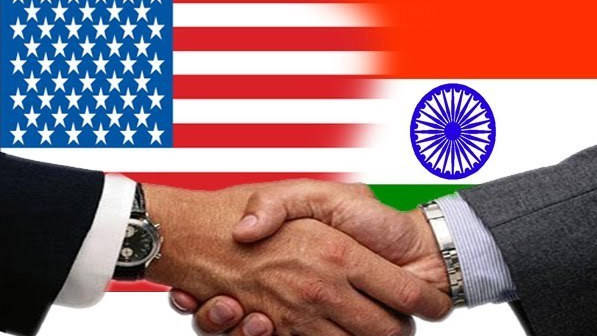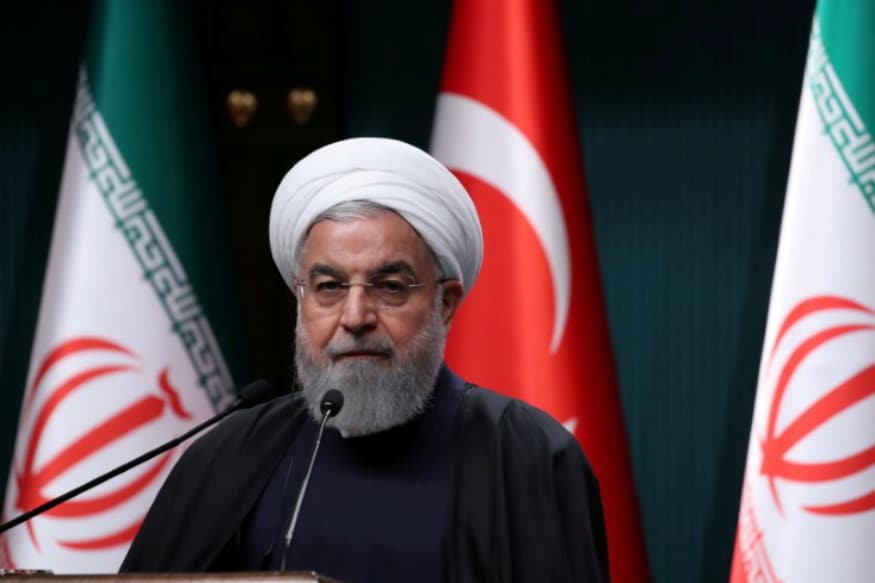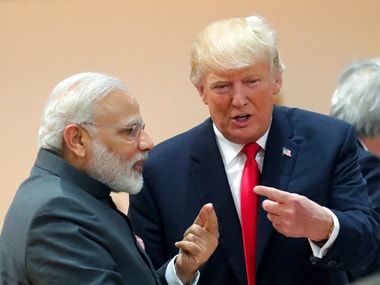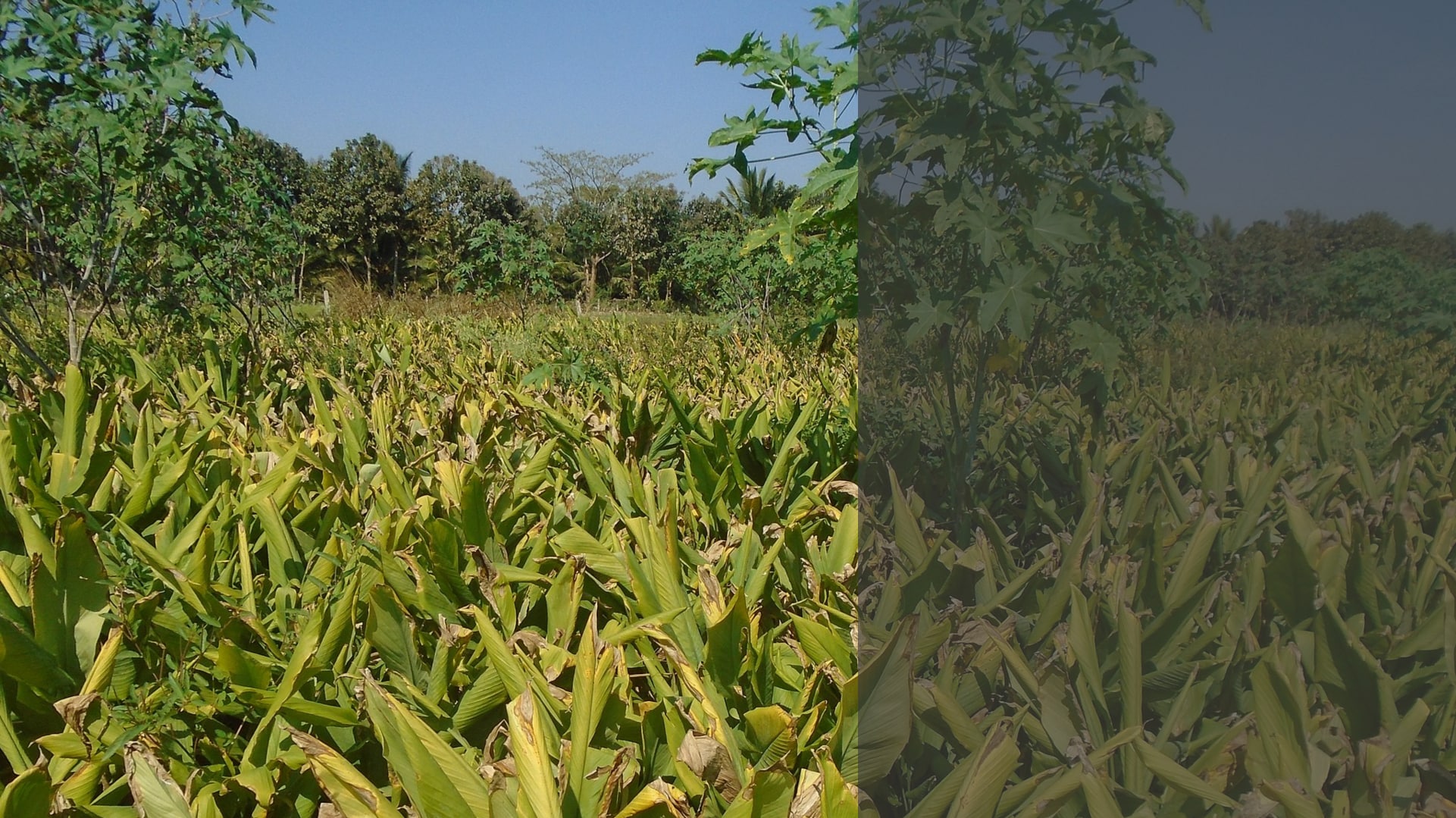The GSP withdrawal came after Trump called India a 'tariff king', saying that the government imposes 'tremendously high' tariffs on American products
Trade tensions between the US and India are rising after the Trump administration stopped duty benefits on exports worth $5.6 billion from the country. India said the withdrawal of the Generalised System of Preference (GSP) status would not have much impact on bilateral trade. However, New Delhi is considering imposing retaliatory tariffs on US imports worth $10.6 billion, which may come into effect from April 1.
In June last year, US President Donald Trump had abruptly announced a hike in customs duties on some steel and aluminium products. Responding to this, the Centre had decided to levy tariffs on products like almonds and apples but its implementation was deferred more than five times as India hoped to secure a good trade deal from the US.
The GSP withdrawal came after Trump called India a 'tariff king', saying that the government imposes 'tremendously high' tariffs on American products. The US government said it did not receive any assurance from India that it will be given reasonable access to the Indian market.
In April 2018, the Trump administration had decided to rework low tariffs extended to India. New Delhi was the largest beneficiary under GSP, covering 1,900 of the total 3,700 Indian products. In FY18, goods worth $5.6 billion out of a total of $49 billion were exported under this scheme.
Due to preferential tariffs ranging from a percent to six percent, the total benefit from the scheme was close to $190 million. The scheme also ensured non-discriminatory trade practices between the two countries.
Commerce Secretary Anup Wadhawan said the US government took this step despite India working towards a mutually beneficial and reasonable trade package. He added that the impact of this would be minimal when seen against India's total exports.
India's proposalThe Commerce Ministry said the Centre's deal would have given the US reasonable access to various markets like agriculture and animal husbandry along with relaxation in procedures related to telecom testing and tariff cuts in information and communications technology (ICT) products but on specific terms.
Some of the demands by the superpower were not acceptable. For example, India made it clear that dairy products must be derived from animals that have never consumed any feed containing organs, blood or tissues of ruminant origin. Therefore, unconditional access to the dairy market is not entirely possible in India on religious grounds.
India was willing to cut tariffs on ICT products, where there was a direct US interest. Any other reduction could help a third party, especially China.
Are India's tariffs too high?While President Trump has implied this more than once, the government reiterated that its tariff levels are within its bound rates recommended by the World Trade Organisation (WTO). The Commerce Ministry said on account of developmental considerations, there may be 'tariff peaks'.

















































